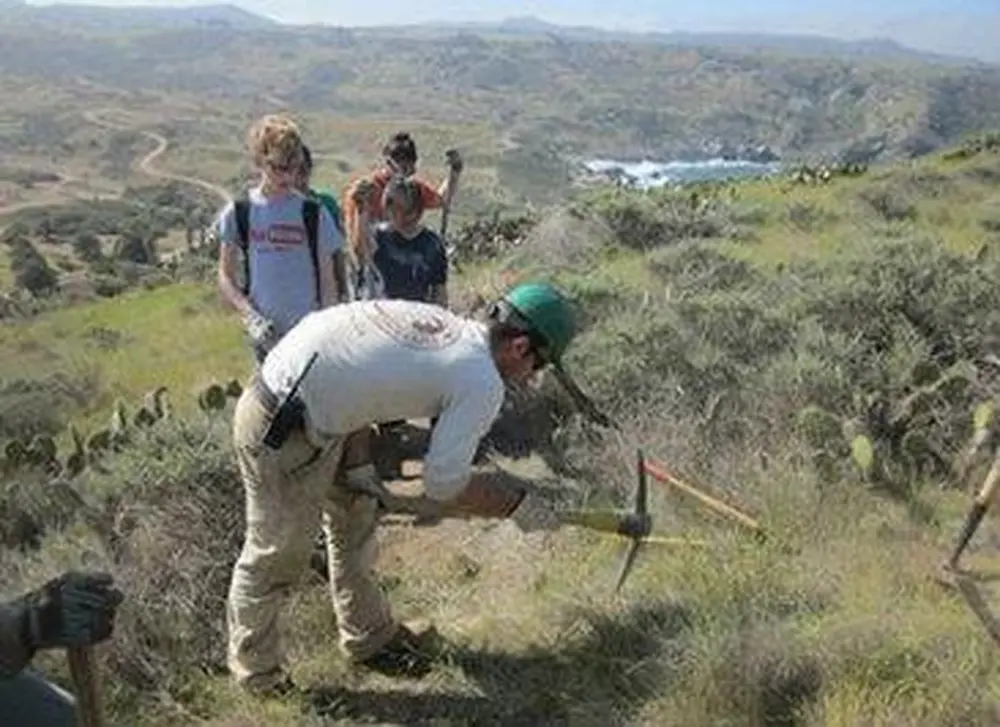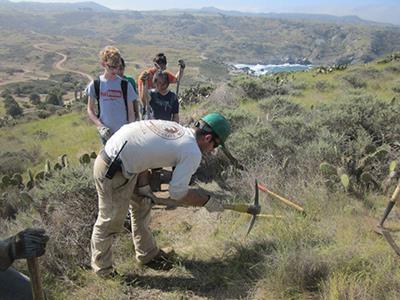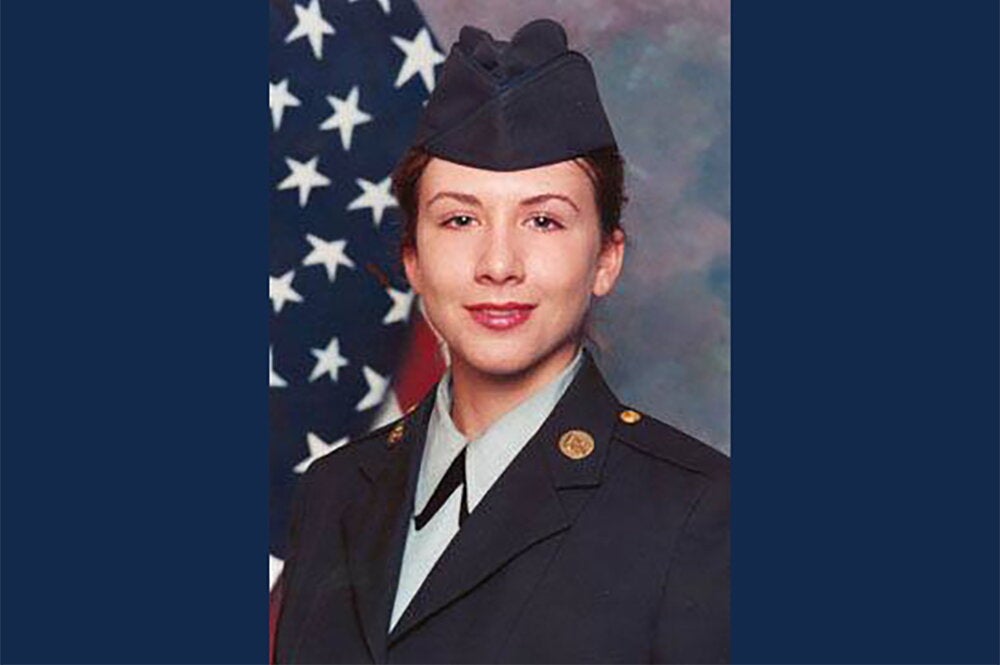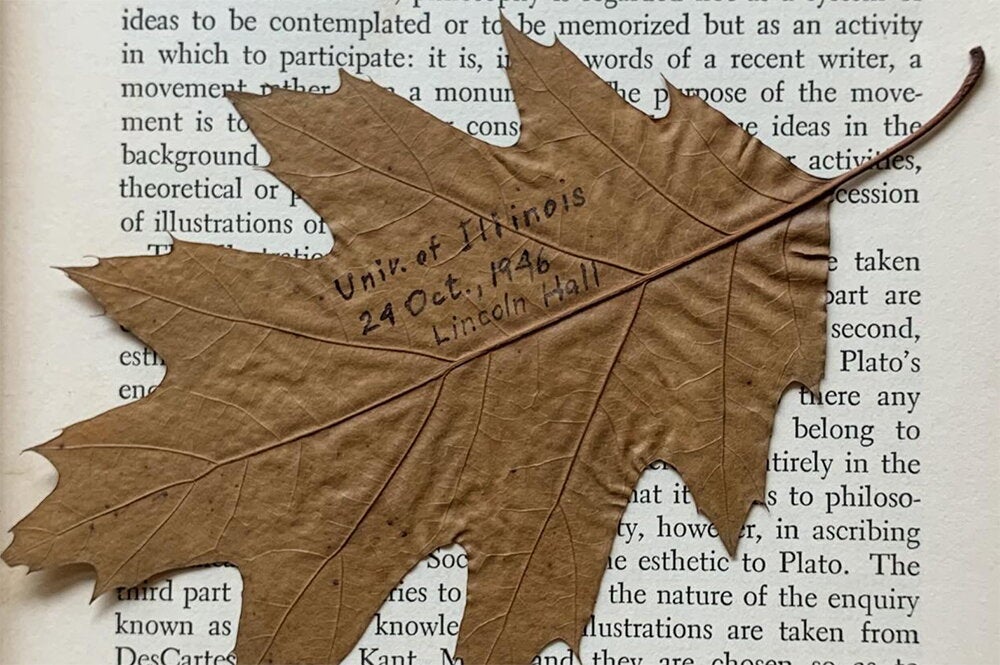

In the spring of 2013, a group of U of I college students went to McAllen, Texas on a service trip. The focus of the trip was immigration, and one of the students spent a day working with an immigrant who wanted to become a taxi driver, teaching him the rules of the road. The group also had a trip facilitator to ensure smooth execution of the trip.
Little did these two know, they would one day be running this entire service organization, known as Illinois Alternative Seasonal Breaks (ASB). Now a co-director of ASB, Kyle Williams is currently a senior in anthropology, and he was the one working with the taxi driver. The other co-director is Thomas Nguyen, currently a senior in East Asian studies and social work, and he was the trip facilitator on the service trip to Texas.
With over 300 members, the Illinois ASB is the largest in the country, and the only one that sends service trips during the fall, winter, spring, and summer. The trips vary by season, addressing a number of issues ranging from animal rights, poverty, women’s issues, environmental, and immigration, just to name a few.
During spring break this past March, the group sent six trips to locations all over the United States, from Ramah, N.M., to work at a wolf sanctuary, to trail maintenance in northern Arkansas, North Carolina, and Kentucky, where they also did cave restoration. In Kissimmee, Fla., a group worked at a resort for children with terminal illnesses.
Every trip has a trip facilitator that holds discussions with their volunteers before and after the trip, ensuring that their participants are taking back more than just several hours of service work. In the end, most participants leave with a new perspective.
“Actually getting to see the issue firsthand, that perspective is the most important thing that we offer,” Kyle says.
During the Texas trip in 2013, the topic of the trip was immigration, and the group volunteered with an organization called La Union del Pueblo Entero (LUPE). Thomas, Kyle, and the other participants helped build houses for low-income families and at a Catholic mission run by nuns to keep immigrants awaiting citizenship out of prisons. While with the Catholic missions, they tutored immigrants in English and job skills, such as the rules of the road to be a taxi driver.
Both directors stress the importance of actually going on a trip, witnessing these issues firsthand, and gaining that new perspective. In McAllen, the students were on the ground, working personally with immigrants, and seeing the border wall to keep immigrants out.
“The wall cost taxpayers over $2 million per mile, to say nothing of the costs of policing it,” Kyle remembers. “And it can be climbed by two able bodied individuals in about 15 seconds.” (Estimates of the cost of the wall vary).
Both directors reinforce the necessity for students to go on these service trips to understand the true nature of these issues from the perspective of the people involved, and hopefully motivate people to make a difference.
“For me, the most striking aspect of the whole trip was the poverty in the colonias,” Kyle says, referring to unregulated housing settlements. “I’ve worked construction before and I’d estimate some of the families were living with less than 50 square feet per person. Some of the children appeared malnourished, and during the weekdays, they were at home instead of in school. The overall impression was of massive financial waste on the parts of federal, state, and local government in dealing with immigration.”
“Actually going on the trip, and just learning so much, being able to see it from a different perspective, that was my favorite part before I joined board,” Thomas says.
Kyle explains that the students on the service trips are not just agents of change as an extra pair of hands for that trip, but as individuals who can take the experience with them.
When Kyle and Thomas teamed up later as the co-directors of ASB, they began to see the difference that they make on a larger scale. Thomas describes some of the impacts they have seen as a result of the organization.
“Actually seeing the number of volunteer hours, and the actual concrete accomplishments that we have as an organization, that we actually make an impact on not only the organization monetarily or whatever, but actually in terms of how it affects people who go through ASB and who get involved with ASB,” Thomas says.
Often, the term “service trip” suggests that these students are doing a lot of heavy work, or taking care of elderly, poor, or disabled individuals. But one of the girls that went on a trip with a focus on cerebral palsy found that it was much more about hanging out with people who just wanted company. Even something as simple as companionship can go a long way.
“You’re not going to change everything volunteering, but the important thing is that you’re taking information and perspective back with you so that you can be an activist at your local level,” Kyle continues.
As the co-directors of the organization, Thomas and Kyle also have the ability to influence what issues the organization addresses. One example is how they focused more attention on women’s issues, such as sexual violence and gender inequality. When they first joined, there were barely any trips on those topics. Recently, however, they had two trips this past fall and winter to help out and educate others about these topics.
“We’ve been able to be steer it towards issues that have been important to us, which is cool because there is about 300 people per year participating, so you’re directly influencing how 300 people view an issue,” Kyle explains.
As those 300 people share their new perspectives with their friends and get involved in the community, they are influencing countless more, allowing a ripple effect to occur.
“I guess a lot of people don’t realize that they do have a lot of power to affect change in the world,” Thomas says.


